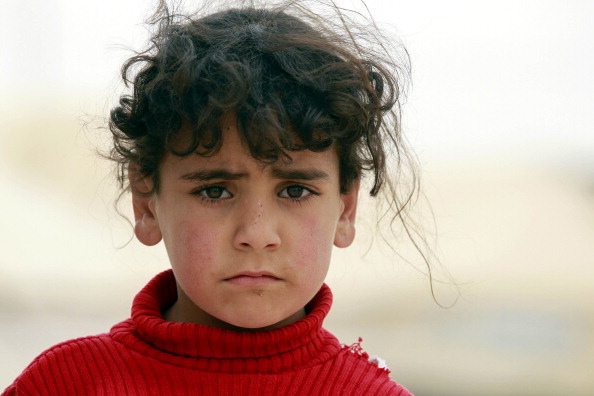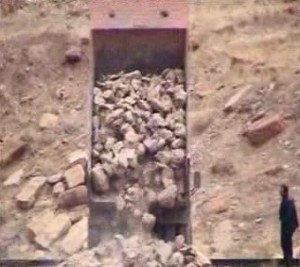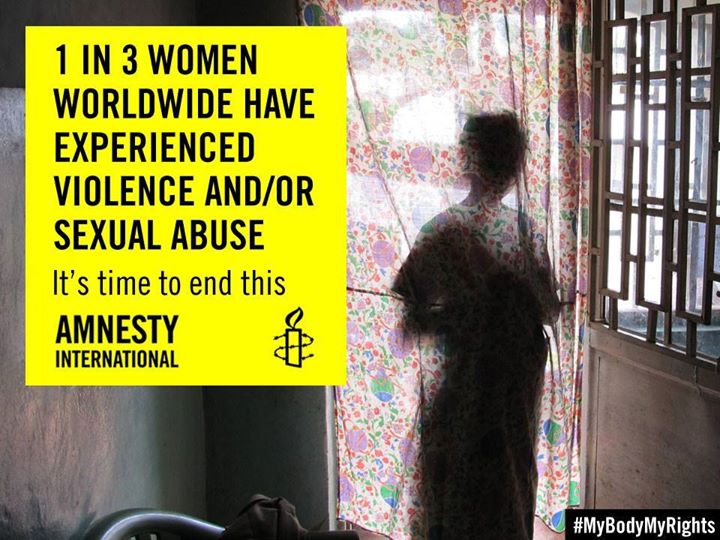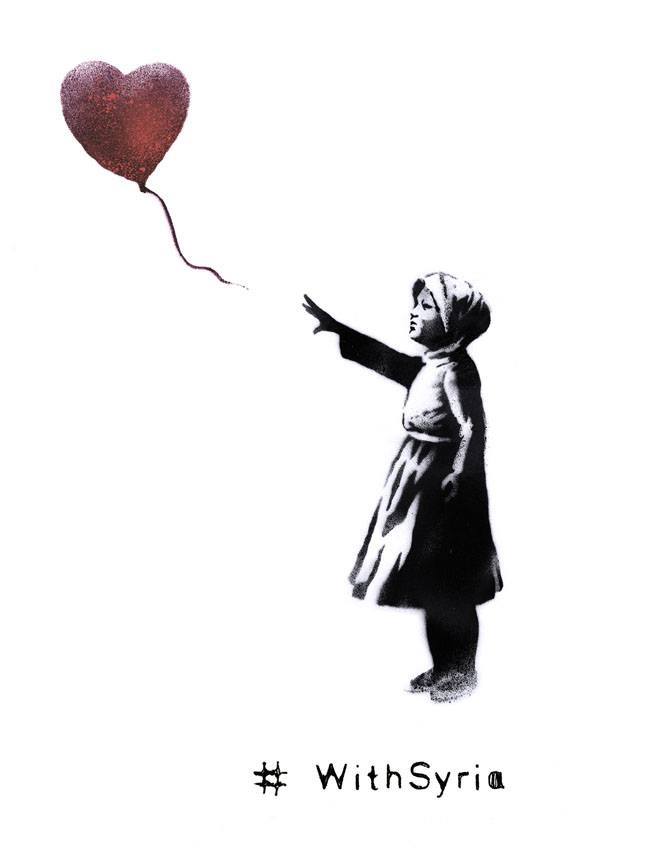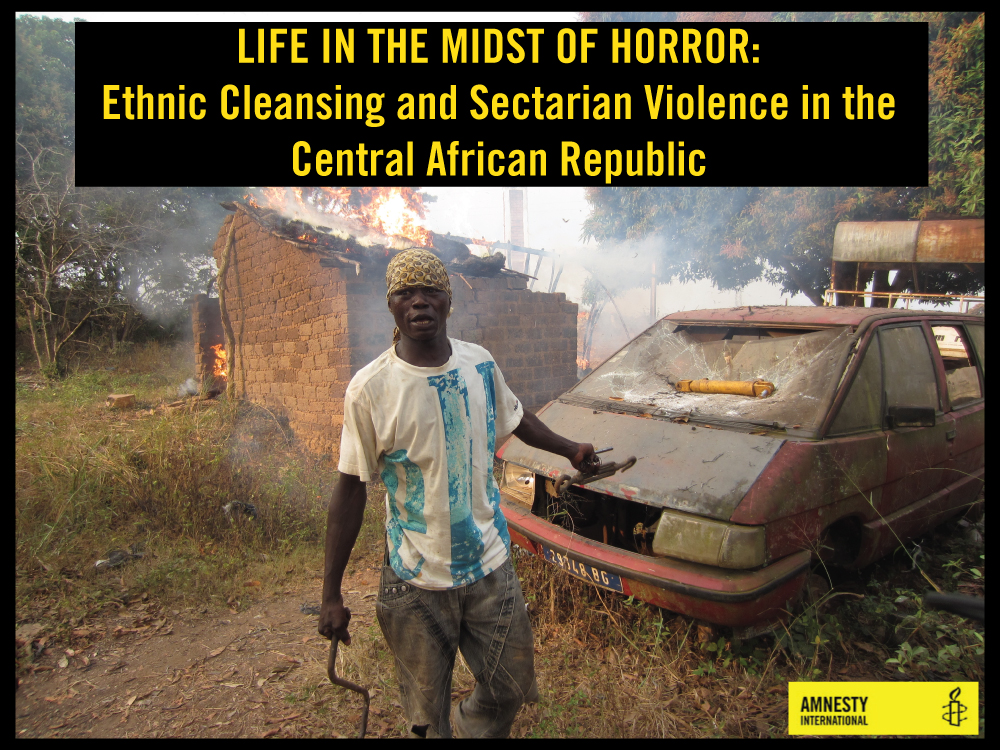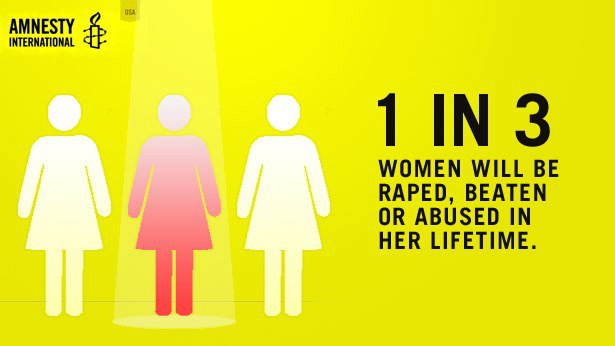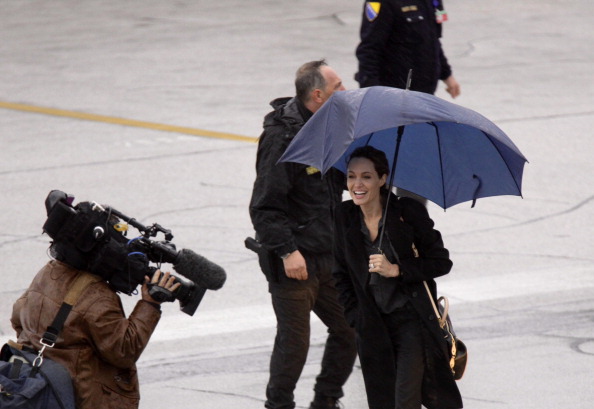
UNHCR Special Envoy Angelina Jolie arriving at the airport in Sarajevo to visit Bosnia ahead of the Global Summit to End Sexual Violence in Conflict in Bosnia and Herzegovina on March 27, 2014 (Photo Credit: Samir Yordamovic/Anadolu Agency/Getty Images).
When a violent conflict emerges, it is women and girls who bear the brunt of the conflict in some of the most horrific ways imaginable.
For example, from 2006 to 2007, faced with a civil war in the Democratic Republic of Congo, more than 400,000 girls and women between the ages of 15 and 49 were raped. In other words, every five minutes in the DRC, four women and girls were raped. These are human rights abuses perpetrated at an astounding rate.
These abuses have touched conflict zones across the world: from Bosnia to Syria to Colombia, and have become a prominent feature of modern armed conflict.
